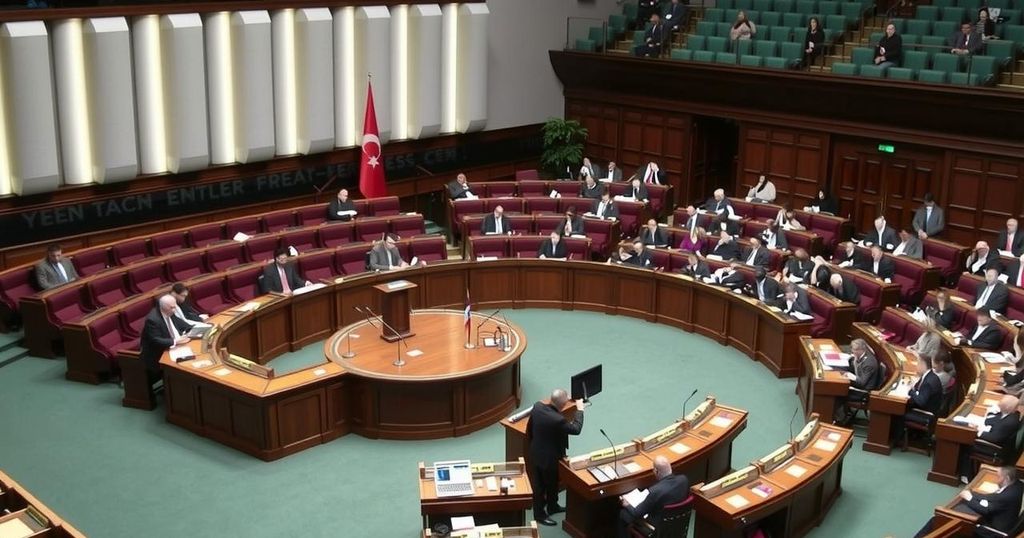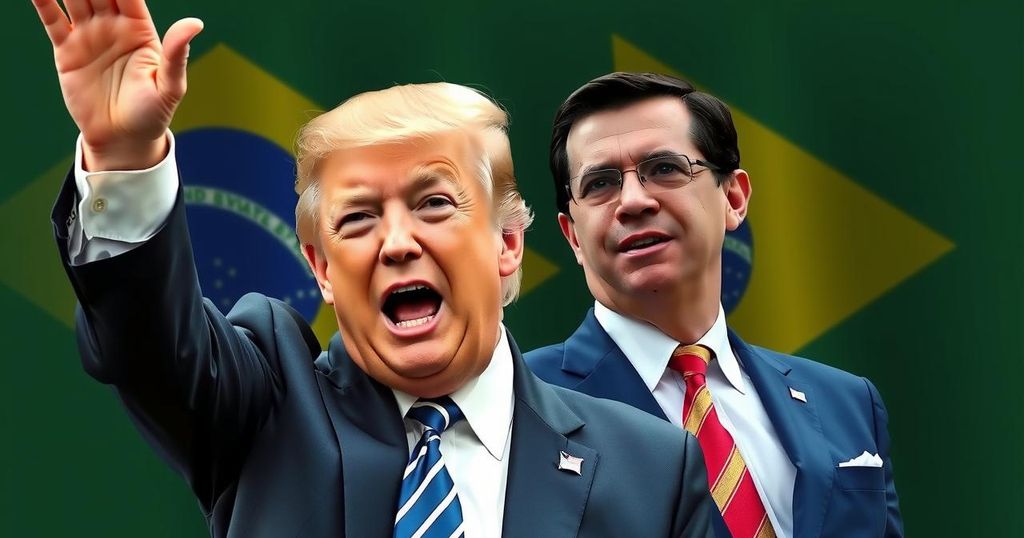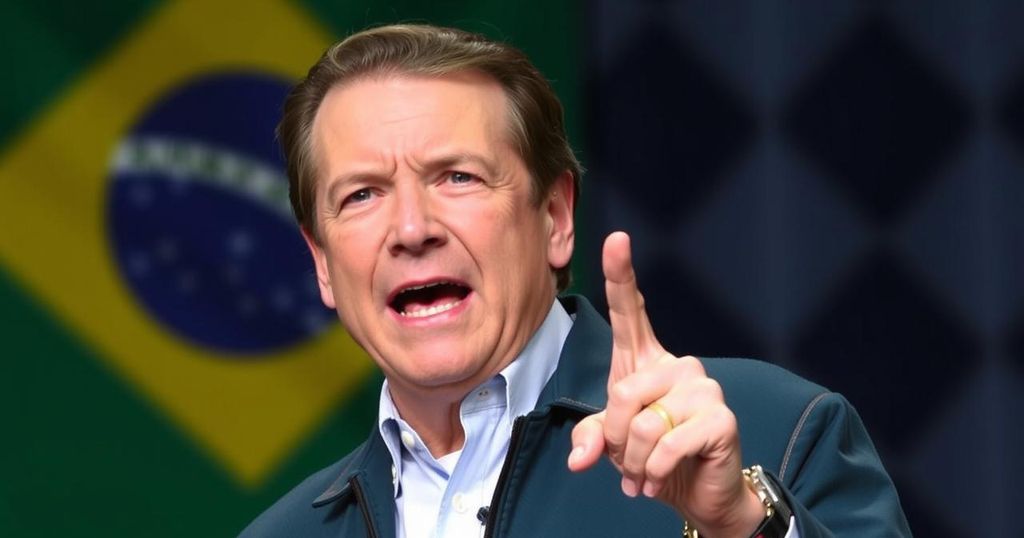World news
ASIA, CENTRAL ASIA DEPARTMENT, ECONOMIC SANCTIONS, ELIAS AL - BAYSARI, FRANGIEH, GENERAL SECURITY AGENCY, GOVERNANCE, HEZBOLLAH, IRAN, ISRAEL, JIHAD AZOUR, LEBANON, MICHEL AOUN, MIDDLE EAST, NORTH AMERICA, POLITICS, PRESIDENTIAL ELECTION, SAUDI ARABIA, SECURITY, SUL, UNITED STATES
Aisha Khan
0 Comments
Lebanon Parliament’s Latest Bid to Elect President After Extended Vacancy
Lebanon’s parliament is pursuing a presidential election after a two-year gap, with Army Commander Joseph Aoun emerging as the leading candidate following the withdrawal of rival Suleiman Frangieh. The current political system, characterized by sectarian divisions and procedural hurdles, complicates the election process. A permanent prime minister and cabinet are urgently needed to address Lebanon’s ongoing economic crises and geopolitical challenges.
Lebanon’s parliament commenced another attempt to elect a president amid a prolonged two-year vacancy. This marks the 13th effort to identify a successor to former President Michel Aoun, whose tenure concluded in October 2022. The current leading candidate is Army Chief Joseph Aoun, supported by both the United States and Saudi Arabia, which are pivotal for Lebanon’s post-conflict recovery. Previously, Hezbollah endorsed Suleiman Frangieh, but he has withdrawn and endorsed Aoun, potentially facilitating the latter’s election.
As Lebanon’s parliament grapples with its notoriously dysfunctional sectarian political framework, it remains wary of repeating past stalemates. Historically, the country has experienced significant presidential vacancies, notably between 2014 and 2016, resulting in a two-and-a-half year void before Aoun’s election. Joseph Aoun, while favored, faces constitutional constraints that prevent a sitting army commander from assuming the presidency. Thus, he will require a two-thirds majority even in subsequent voting rounds.
Other notable candidates include Jihad Azour, former finance minister currently affiliated with the IMF, and Elias al-Baysari, acting head of the General Security agency. The imperative for a president lies in the necessity to appoint a permanent prime minister and a fully functioning cabinet, as Lebanon has been operating under a caretaker government, which is limited in authority. Facing substantial economic turmoil and recent geopolitical conflicts, the new administration must address critical issues, such as the aftermath of the Israel-Hezbollah confrontation and advancing stalled reforms essential for an IMF bail-out package.
Lebanon’s political landscape is characterized by a complex sectarian power-sharing system that frequently leads to governmental paralysis. The country has faced multiple lengthy presidential vacancies, affecting its political stability. Following a significant conflict with Israel, Lebanon’s leaders are now required to rebuild both institutions and public trust. The ongoing economic crisis exacerbates the situation, with rampant devaluation of the Lebanese pound and significant reductions in public services, necessitating urgent governmental action to restore normalcy. The election of a new president is crucial, as it facilitates the formation of a functional government that can address these profound challenges.
The current parliament’s effort to elect a new president in Lebanon highlights the ongoing political turmoil and the pressing need for governance following two years of vacancy. Joseph Aoun appears as the leading candidate, buoyed by external support and a cleared path following different political alignments within the country. However, constitutional hurdles may complicate his ascension to the presidency. The urgency of electing a president is underscored by Lebanon’s dire economic situation and the necessity for government reforms to secure international support and recovery.
Original Source: www.hindustantimes.com




Post Comment